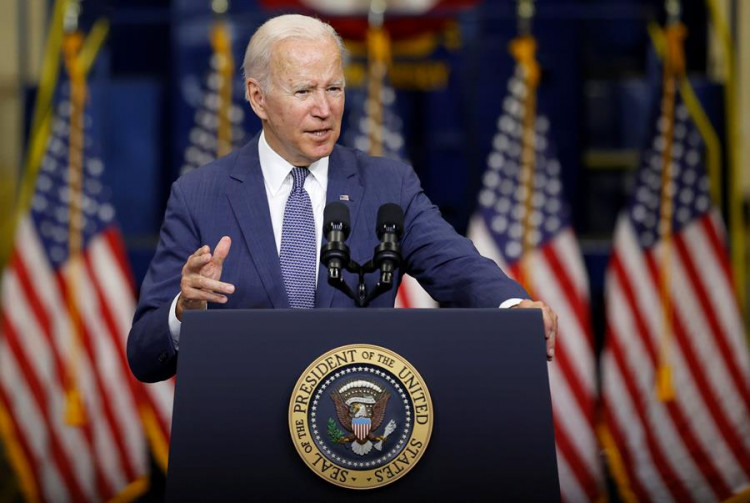The United States President, Joe Biden, and House Republican Leader Kevin McCarthy have given some hope of reaching an agreement to prevent a looming U.S. debt default, with Biden curtailing an Asia trip due to the impending economic crisis.
Following an hour-long discussion, McCarthy indicated the possibility of a deal by week's end, despite the considerable distance still separating the two parties. "It's not that difficult to get to an agreement," he noted. Biden reiterated this sentiment, stating that defaulting on the debt was "simply not an option" and could plunge the economy into a recession.
However, Democrats were less optimistic about the timeline, although the White House described the talks as "productive and direct." Biden expressed disappointment over Republicans' reluctance to consider revenue-raising measures, a central element of his 2024 budget.
With the U.S. potentially defaulting on some of its debts as early as June 1, the discussions are critical. Any default could trigger an economic recession, economists have warned. Despite this dire warning, Republicans have so far refused to support a debt ceiling increase unless it comes with federal budget cuts. Yet, Senate Republican leader Mitch McConnell reassured, "We know we're not going to default."
The debt ceiling standoff has created uncertainty, leading President Biden to omit Papua New Guinea and Australia from his itinerary after the G7 summit in Hiroshima, Japan. Biden intends to maintain regular contact with congressional leaders during his trip, with a meeting planned upon his return.
The talks will now focus on the House Republicans and the White House, with White House advisers Steve Ricchetti, Shalanda Young, and Louisa Terrell representing the administration alongside Republican Representative Garrett Graves.
Neil Bradley, chief policy officer at the U.S. Chamber of Commerce, expressed optimism about the progress of the talks, stating, "We believe there is a path forward on a bipartisan deal that lifts the debt limit and makes important reforms to improve our nation's fiscal health."
In the lead-up to the meeting, discussions had taken place regarding two vital programs providing aid to families. Work requirements expansion, a significant demand of Republicans, and spending cuts in return for votes to raise the debt limit were on the table.
Ultimately, both parties recognize the need for swift action. With previous debt limit standoffs leading to significant economic impact, including a credit rating downgrade in 2011, a resolution is crucial to prevent a repeat of such financial upheaval. As the discussions continue, the country awaits a possible bipartisan resolution to this looming economic crisis.






